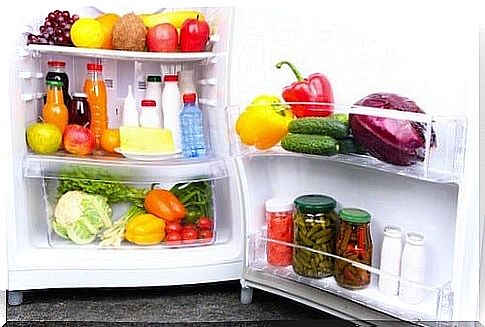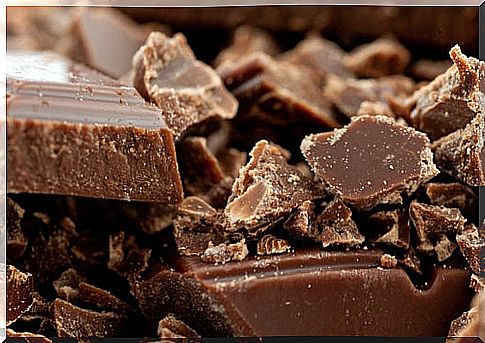What Foods Should Not Be Put In The Refrigerator?
If we keep our tomatoes in the refrigerator, they will lose all their flavor, and their texture will deteriorate. It’s the same with melons and peaches.

In general, people keep all of their fresh food in the refrigerator. This is a mistake because not all of them can withstand the temperature of the fridge. On the contrary, the cold sometimes accelerates their decomposition and can modify their original taste.
It is obvious that many products need cold for better conservation.
However, as consumers, it is our duty to inform ourselves about these foods which can spoil in the fridge and thus lose their properties due to low temperatures.
In this article, we are going to make a list of foods that should not be placed in the fridge under any circumstances.
Foods not to be refrigerated
Tomatoes
Tomatoes lose their flavor in the refrigerator and become tasteless.
Their texture is damaged and the cold makes them more floury, because it breaks their interior membranes. In addition, low temperatures prevent their ripening.
Potatoes
Likewise, potatoes should not be refrigerated.
The cold makes them more floury, the starch they contain turns into sugars and their flavor changes.
It is recommended instead to keep them in paper bags because, this way, they will take longer to decompose.
The bread
Bread is one of the foods that people put the most in the refrigerator when it’s a mistake. It ages faster and loses taste due to low temperatures.
It’s best to keep it in a cool, dry place, or cut it into slices and put it in the freezer to eat later.
Tropical fruits

These fruits of hot climates are not foods made to go in the refrigerator.
Pineapple, watermelon, passion fruit, avocado, banana, among others, should under no circumstances be stored in the fridge as this accelerates their decomposition.
In addition, it prevents them from ripening properly and alters their natural flavor which can even become unpleasant.
Onion and garlic
Subjected to low temperatures, onion and garlic harden and lose their beneficial properties. It is best to store them in a dark, cool and dry place, preferably in a canvas bag.
Dry cheeses
It is common to keep cheese in the fridge because it is believed that it keeps better. However, care must be taken with the type of cheese, as some may not stand the cold and lose their taste.
Dry cheeses like Parmesan or the like cannot stand the cold because they become tasteless.
In order to keep them with all their flavor, place them in an airtight container that you leave at room temperature.
Melons and peaches
At less than 10 degrees, melons and peaches lose their sweet taste and some of their properties that are good for our health. It is best to let them flourish in the ambient air.
Honey
It is a big mistake to keep honey in an environment that is too cold, like the refrigerator. Honey, thanks to its components and its pH, can be stored in ambient air indefinitely.
If you put it in the fridge, it tends to crystallize and loses its virtues.
Olive oil
Olive oil condenses and hardens in the fridge.
It then takes the form of butter and loses its flavor. It is best to keep it in a cool, dark place.
Chocolate

In the refrigerator, a white layer forms on the chocolate and its taste changes. Better to store it at room temperature and away from light. Temperatures that are too high should also be avoided.
Coffee
Also on the coffee, a layer forms in the fridge. Its taste and smell change and deteriorate.
Cereals, pasta, flour and sugar
This type of food is not made to be stored in the refrigerator. Indeed, they lose their good properties, their vitamins, their flavor and their texture.
Smoked ham
There are different types of hams and some lose the special taste that characterizes them in the refrigerator.
Even though they are part of the charcuterie family, raw hams are made precisely to keep in the ambient air.
The Basilic
Basil cannot be refrigerated because low temperatures cause it to wilt quickly and speed up its decomposition process.
In addition, basil tends to assimilate the smell of other foods in the fridge.
It is therefore better to keep it in a glass of water in the open air for better conservation.









